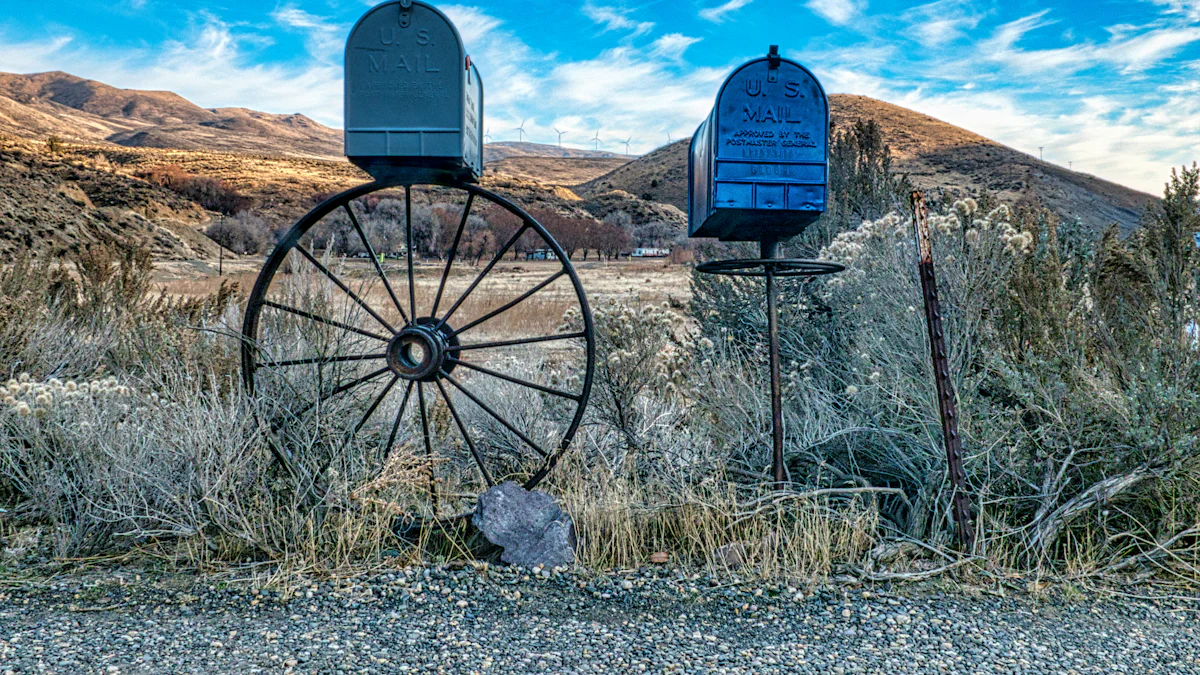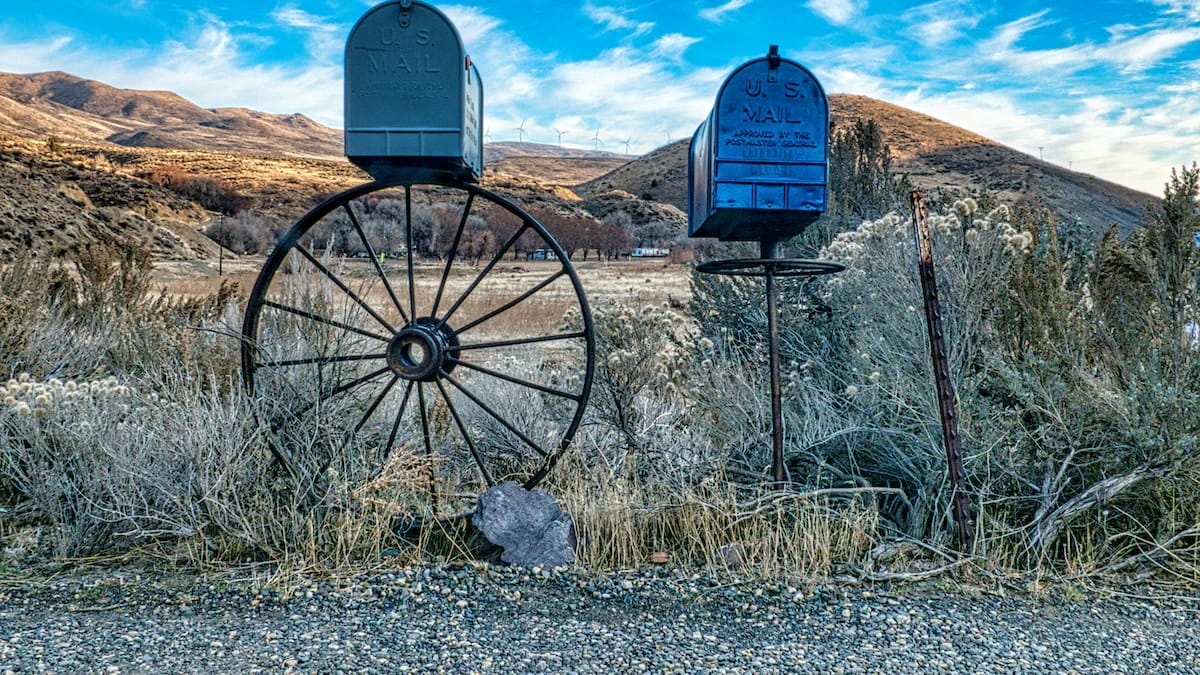
What You Don’t Know Can Secretly Move into Your House
Utah, like many other states, has strict rules and regulations regarding squatters’ rights and adverse possession. To highlight the significance of understanding these rights, let’s consider the story of Heidi Shippen. Heidi was shocked to discover that her vacant property had been occupied by squatters for several years. Despite her efforts to remove them, she found herself facing legal complications due to their claim of adverse possession.
This cautionary tale emphasizes the need for property owners to be well-informed about squatters’ rights in Utah. Adverse possession is a legal concept that allows someone who openly occupies and possesses another person’s property without permission to potentially gain legal title to that property. If a squatter occupies your property for a certain period of time and meets the guidelines specified by Utah laws, then your property may legally become the squatter’s with no exchange of payment or a lease.
Understanding these rights is crucial for protecting your property from potential encroachment. By familiarizing yourself with the specific requirements and regulations surrounding squatters’ rights in Utah, you can take proactive measures to safeguard your investment.
What are Squatters’ Rights?
Squatters’ rights, also known as adverse possession, refer to the legal concept that allows someone who openly occupies and possesses another person’s property without permission to potentially gain legal title to that property. In Utah, there are specific requirements for squatters claiming adverse possession of land. To establish actual possession, a squatter must meet certain criteria based on a written instrument or by performing specific actions.
Occupation and Possession
To gain squatters’ rights in Utah, a squatter must occupy and possess the property in specific ways. They must physically be present at the property and treat it as if they were the actual owner, not a tenant. This means they do not need a lease or security deposit. Continuous occupation for a certain period of time is crucial for establishing adverse possession claims. In Utah, this period is typically seven years. It is important for squatters to make their occupation obvious to anyone and not attempt to hide it, as doing so could weaken their claim.
Sharing possession with others can invalidate a squatter’s claim to adverse possession. Under Utah’s adverse possession laws, a squatter should not share the possession of the property with anyone else if they want their claim to be successful.
Paying Property Taxes
In addition to occupying and possessing the property, squatters in Utah are required to pay property taxes for the entire duration of their occupation. This means they must fulfill their tax obligations for all seven years of continuous occupation. Paying property taxes is significant as it contributes to establishing a legitimate adverse possession claim and helps protect the rights of property owners.
Understanding these specific requirements regarding occupation, possession, and payment of taxes is essential for both property owners and potential squatters in Utah. By being aware of these regulations, property owners can take necessary precautions to prevent squatting situations while potential squatters can ensure they meet all the necessary criteria before making an adverse possession claim.
The Process of Adverse Possession
To qualify for adverse possession in Utah, squatters must meet specific requirements. These requirements include occupying and possessing the property openly, notoriously, and continuously for a period of seven years. Additionally, squatters must pay property taxes for the entire duration of their occupation.
In the qualification process, property taxes play a crucial role. By paying property taxes, squatters demonstrate their intent to take responsibility for the property as if they were the rightful owners. Another factor that may impact the qualification process is the color of title. Color of title refers to a claim or document that appears to give someone ownership rights to a property, even if those rights are not legally valid. Having color of title can strengthen a squatter’s claim to adverse possession.
It is important for squatters to meet all the necessary criteria in order to make a successful claim for adverse possession. Failure to fulfill any of these requirements may weaken or invalidate their claim.
Occupying the Property
Occupying the property is a critical aspect of establishing adverse possession. Squatters must physically occupy and possess the property openly and notoriously throughout the required seven-year period. Continuous occupation is essential; any interruption or abandonment during this time can reset the clock on their claim.
During the occupation, squatters may face challenges and obstacles. Property owners might attempt legal action or eviction proceedings to remove them from the premises. Squatters should be prepared to defend their claim by providing evidence of continuous occupation and meeting all other necessary requirements.
Navigating through this process requires careful attention to detail and adherence to Utah’s laws regarding adverse possession. It is advisable for both property owners and potential squatters to seek legal advice from professionals experienced in real estate law.
Understanding how adverse possession works and what it entails can help individuals protect their rights as property owners or navigate through potential claims as squatters.
Disputing an Eviction Notice
Squatters have rights when it comes to disputing an eviction notice. If a property owner serves them with an eviction notice, squatters can exercise their right to dispute the eviction and challenge the claim of adverse possession.
The legal process involved in disputing an eviction notice varies depending on the jurisdiction and specific circumstances. In Utah, squatters may need to file a response or answer to the eviction lawsuit within a certain timeframe. It is crucial for squatters to consult with an attorney who specializes in real estate law to understand the specific legal procedures and requirements involved in their case.
Taking the dispute to court is an option available to both property owners and squatters. A judge will review the evidence presented by both parties and make a decision based on the applicable laws and regulations. The court’s decision can determine whether the eviction notice is valid or if the squatter has successfully established adverse possession.
It is important for both property owners and squatters to be aware of their rights and responsibilities during this process. Property owners should follow proper legal procedures when serving eviction notices, while squatters should ensure they have met all necessary requirements for adverse possession before disputing an eviction.
Navigating through a dispute over an eviction notice can be complex, so seeking professional legal advice is highly recommended. An experienced attorney can provide guidance, protect your rights, and help you understand your options throughout this challenging process.
Protecting Your Property from Squatters
Safeguarding your property from squatters requires proactive measures and a solid understanding of squatters’ rights and adverse possession laws in Utah. By taking the necessary precautions, property owners can minimize the risk of encountering squatter situations and protect their investment.
It is important to note that Utah does not have specific laws for removing squatters, which means property owners must follow the judicial eviction process to legally remove them. Understanding this process and seeking legal advice when necessary can help property owners navigate through potential challenges.
To prevent squatter situations, property owners can take several steps. Regularly inspecting and maintaining vacant properties can deter potential squatters by giving the appearance of an active presence. Installing security measures such as cameras, alarms, or fencing can also discourage unauthorized occupation.
Additionally, staying informed about any changes in occupancy status and promptly addressing any signs of unauthorized entry or occupation can help prevent squatters from establishing adverse possession claims. Property owners should document their efforts to maintain control over their properties to strengthen their position in case of disputes.
In the event that a squatter situation arises, it is crucial for property owners to act swiftly. Seeking legal assistance to navigate through the eviction process is highly recommended to ensure compliance with applicable laws and regulations.
By being proactive, knowledgeable about the law, and taking appropriate preventive measures, property owners can better protect their properties from potential squatting situations.

